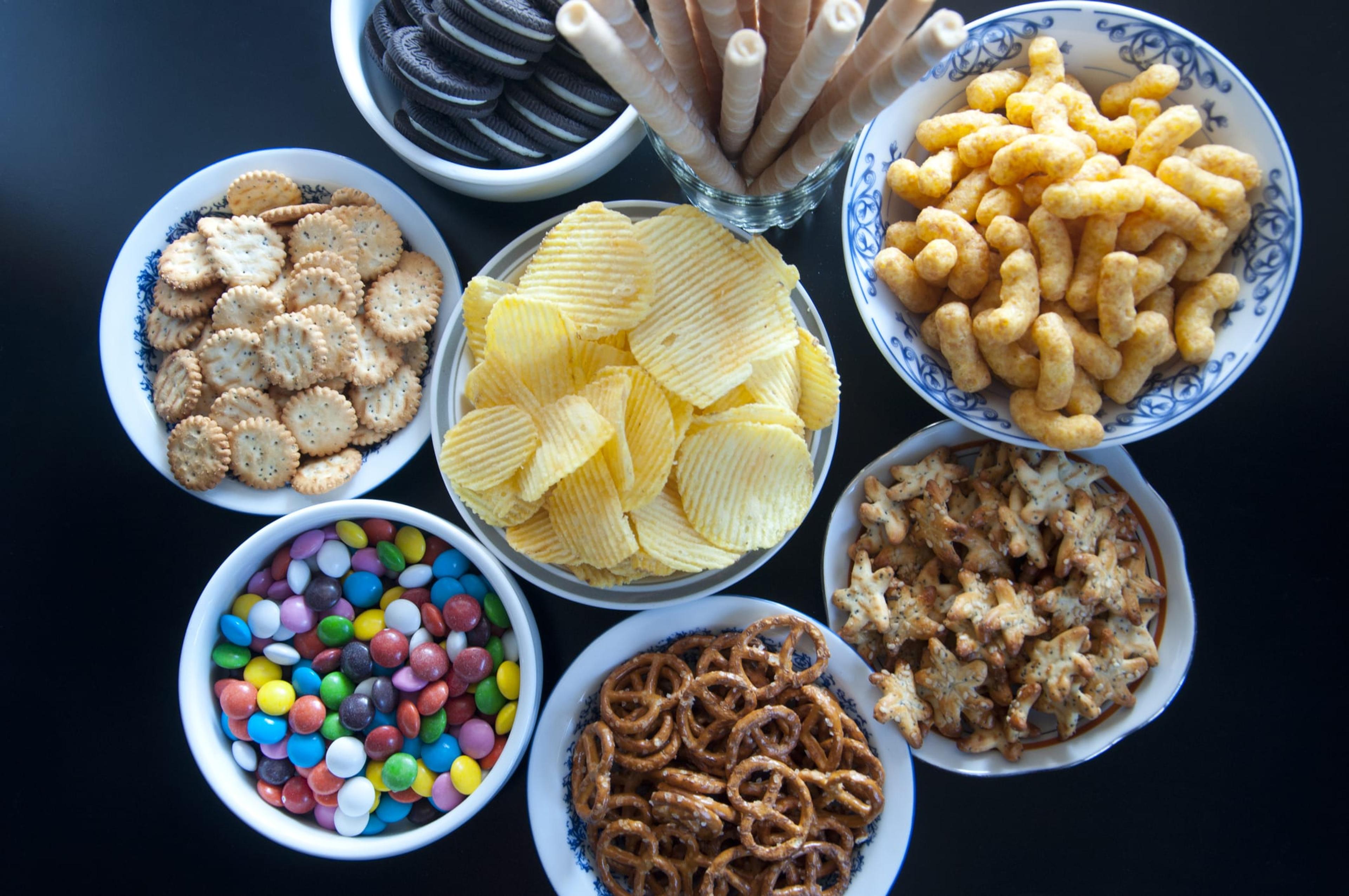
When it comes to nutrition, most professionals recommend whole, natural foods. That means little to no processing. But what makes food “processed” and why is it such a detriment to our health? Processed is a buzzword in the health and fitness community. It has a negative connotation that instantly sparks discussion. In general, processed foods are products that have been deliberately changed in some way. They’re often manipulated or infused with additives to preserve freshness and improve taste. One of the most common additives is monosodium glutamate, better known as MSG. It’s a flavor-enhancer often found in canned goods and processed meats. “Mostly you'll see them in any of those frozen dinners or frozen meals,” explained Grace Derocha, registered dietitian, certified diabetes educator and health coach at Blue Cross Blue Shield of Michigan. For some, the additional flavor comes at a cost. “Some people are really sensitive to that and will get headaches and migraines and feel pretty sick,” added Derocha. “Depending on the person, different additives can have an impact on how you feel.” This is one of many reasons food processing is such a controversial topic. On the latest episode of the A Healthier Michigan Podcast, hosted by Chuck Gaidica, he and Derocha discuss the different types of food processing and its role in long-term health. [podcast_player] Some additives, such as carrageenan, can be used to thicken and bind foods. It’s commonly found in salad dressings, sauces and soups as well as cottage cheese, almond milk, and coffee creamer. Unfortunately, studies have shown that both MSG and carrageenan can play a role in increased blood sugar and inflammation in the body. But not all processing is the same. Some foods require minimal manipulation making them less harmful. “Minimal would be foods that have been washed or peeled, sliced, juiced, frozen, dried, even pasteurized,” said Derocha. “When you buy prewashed lettuce, that's another minimal category. Nuts that may be roasted, minimal. Frozen fruits, frozen vegetables, dried fruits, rice.” Technically, picking an apple off a tree is a process because you have done something to it to change it. It's no longer connected to its source or growing. You've taken it down. “What I want people to realize is that there's different degrees of it. But there's ways that we can still do better.” It’s important to be an informed consumer. Read labels and research ingredients. “Keep an eye out for things that are hydrogenated, that add trans fat,” warned Derocha. “Trans fats, we know are bad for the body, increase free radicals, and can potentially cause cancer.” Beware of high fructose corn syrup, added sugars and sodium. Also, try to consume more organic products. These are non-GMO foods, free of synthetic additives like pesticides, chemical fertilizers and dyes. Making practical choices will lead to a healthier, more sustainable diet. If you enjoyed this post, check these out:
Photo credit: carotur





